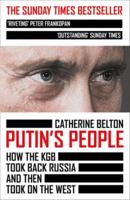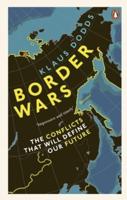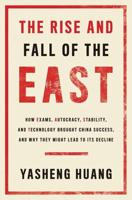Publisher's Synopsis
A book on the effect of European economic integration on industrial relations and working practices across Europe. With the coming to an end of the era of Fordism, the welfare state, collective bargaining and mass consumption, we are entering a new period whose lines of development are not clearly defined.;Paul Teague and John Grahl argue that, in this period, it is vital to develop a new style of compromise between management and the unions. They highlight comparative case studies, for example the steel and coal unions in Great Britain and the rest of the Community. They demonstrate where new forms of industrial practice emphasize the productive value of the "negotiated involvement" of the workforce, at the level of the firm.;The authors call for a new form of co-operation in European industrial relations, based on decentralised and pluralistic labour representation and communicated through a national and European framework. Such a framework would be based on institutional developments along the lines suggested by the EC Social Charter, supported through a set of alliances and links between trade unions and other organisations and through a common European ethos of active industrial citizenship.










